Fallopian tube cancer is a rare but serious condition that can affect women’s reproductive health. It occurs when cancerous cells develop in the fallopian tubes, which are the structures that carry eggs from the ovaries to the uterus. In this guide, Dr. Saurabh Phadnis, a leading expert in treating gynaecological cancers in London, discusses the symptoms, diagnosis, and treatment options for fallopian tube cancer.
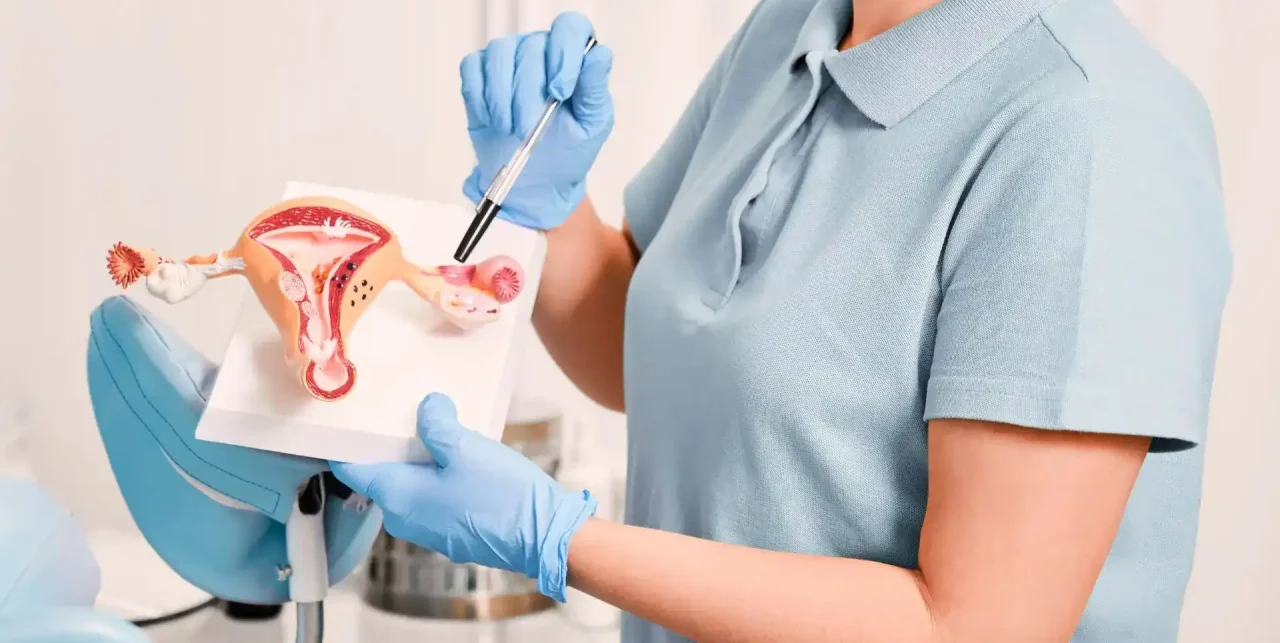
Fallopian tube cancer occurs when abnormal cells in the fallopian tubes begin to grow uncontrollably. These tubes are an essential part of a woman’s reproductive system, and when cancer develops, it can spread to other areas of the pelvic region.
This cancer is rare, and its symptoms often resemble other conditions, making early detection challenging. As a type of gynaecological cancer, the exact cause of fallopian tube cancer is not well understood, but certain risk factors, including age, family history, and inherited gene mutations, can increase the likelihood of developing this condition.
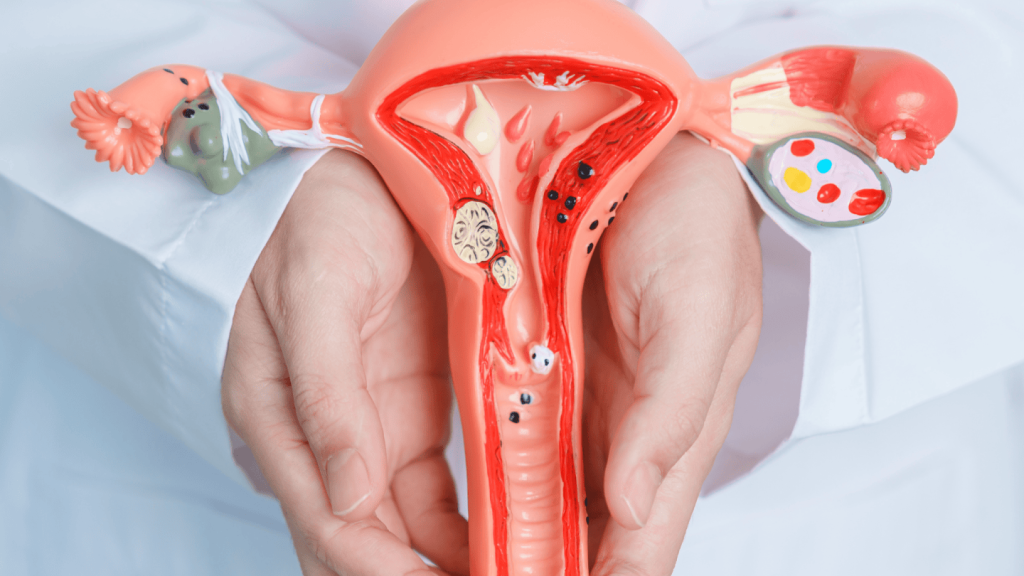
Some of the more noticeable symptoms include:
Persistent pain in the lower abdomen or pelvic area is one of the most common symptoms.
Women with fallopian tube cancer often experience bloating, which may be accompanied by a feeling of fullness.
Feeling full after eating only small amounts or having difficulty eating.
Unexplained tiredness or lack of energy can be an indicator of underlying health issues.
Some women may notice changes in their periods, such as heavier bleeding or irregular cycles.

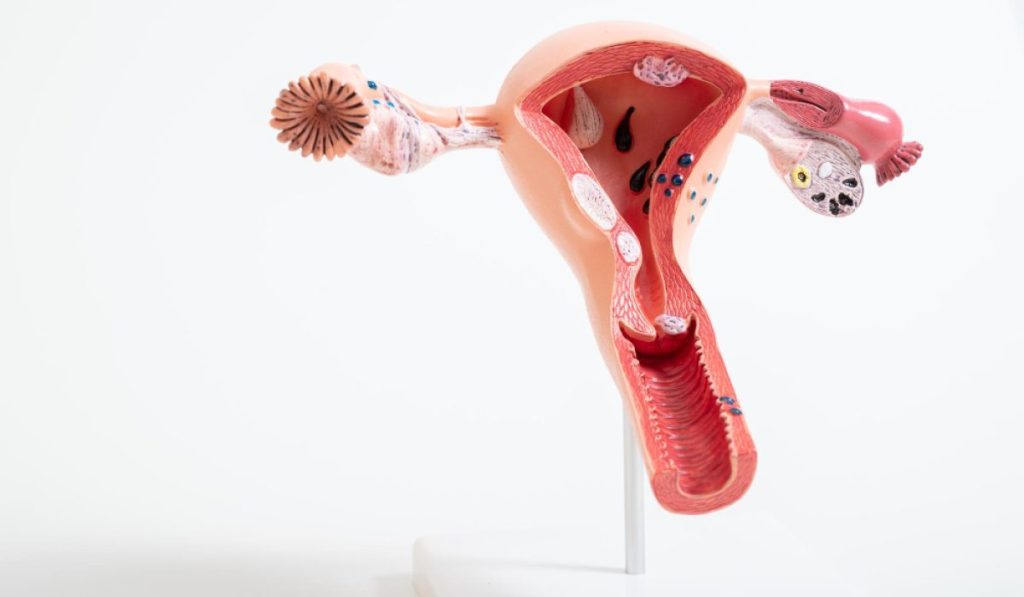
The key steps in diagnosing this cancer include:
Once diagnosed, Dr. Saurabh Phadnis, based in London, ensures that a comprehensive treatment plan is developed based on the individual’s specific condition and needs.
The most common treatments include:
Surgery is often the first line of treatment, and the goal is to remove as much of the cancer as possible.
After surgery, chemotherapy is typically used to eliminate any remaining cancer cells. It involves using drugs to kill cancer cells and is often administered intravenously.
In some cases, radiation therapy may be used to target specific areas where the cancer has spread.
Advances in medical science have led to the development of targeted therapies that can specifically target cancer cells, reducing damage to healthy tissue.
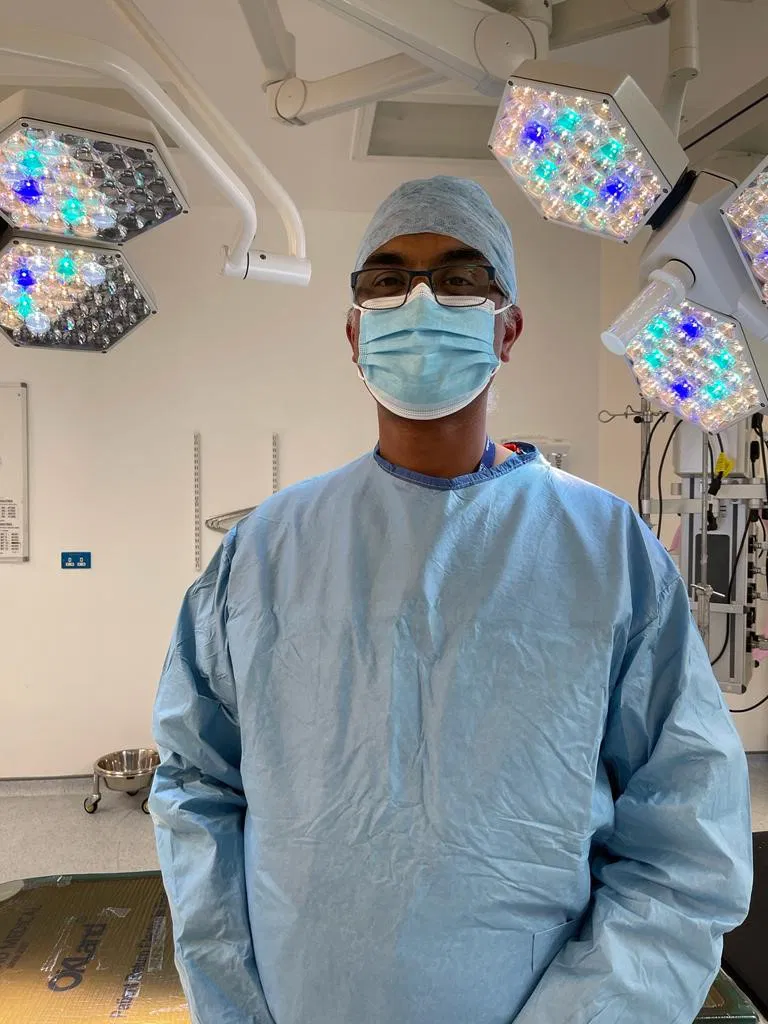
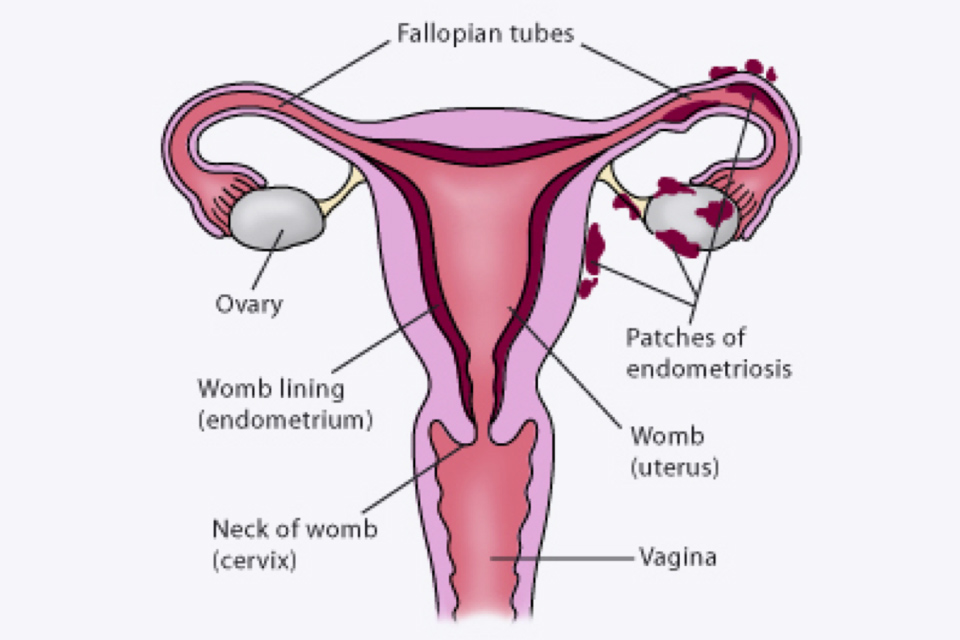
A diagnosis of fallopian tube cancer can be overwhelming, but there is hope. With early treatment, many women can live long, healthy lives. Support is available to help patients cope with the emotional and physical challenges of the disease.
Dr. Phadnis offers not only expert treatment but also guidance on managing the emotional and psychological aspects of living with cancer.
It is essential for patients to receive emotional support during their treatment. Family, friends, and support groups can be vital sources of strength. During procedures such as pelvic lymph node excision, emotional support is especially important. Dr. Phadnis offers referrals to counselling and support groups for women undergoing treatment..
Dr. Saurabh Phadnis is a renowned expert in gynaecological oncology, specialising in the diagnosis and treatment of fallopian tube cancer.
Based in London, he offers personalised treatment plans that cater to the unique needs of each patient. His approach combines the latest medical technologies with compassionate care to ensure the best outcomes.
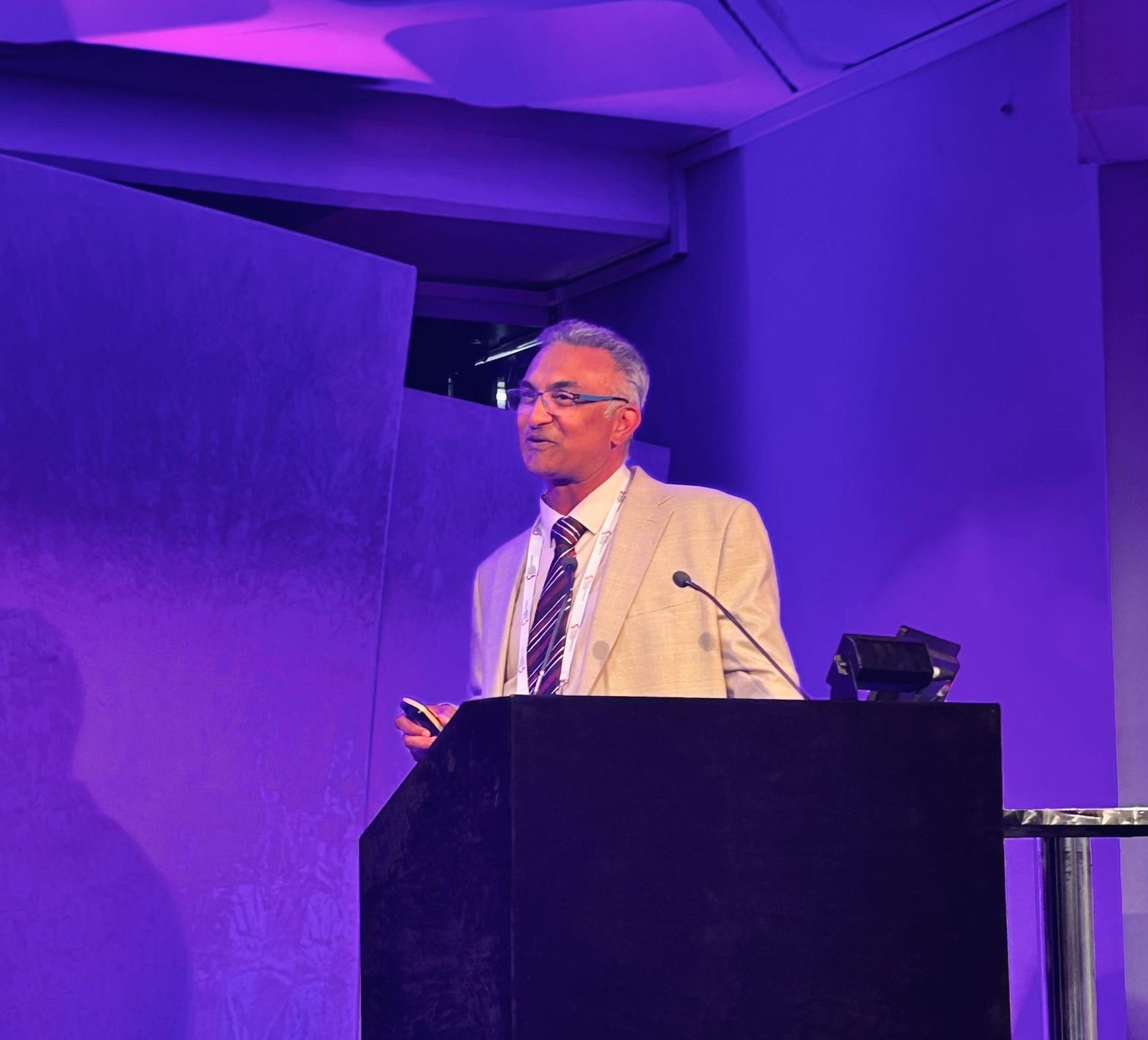
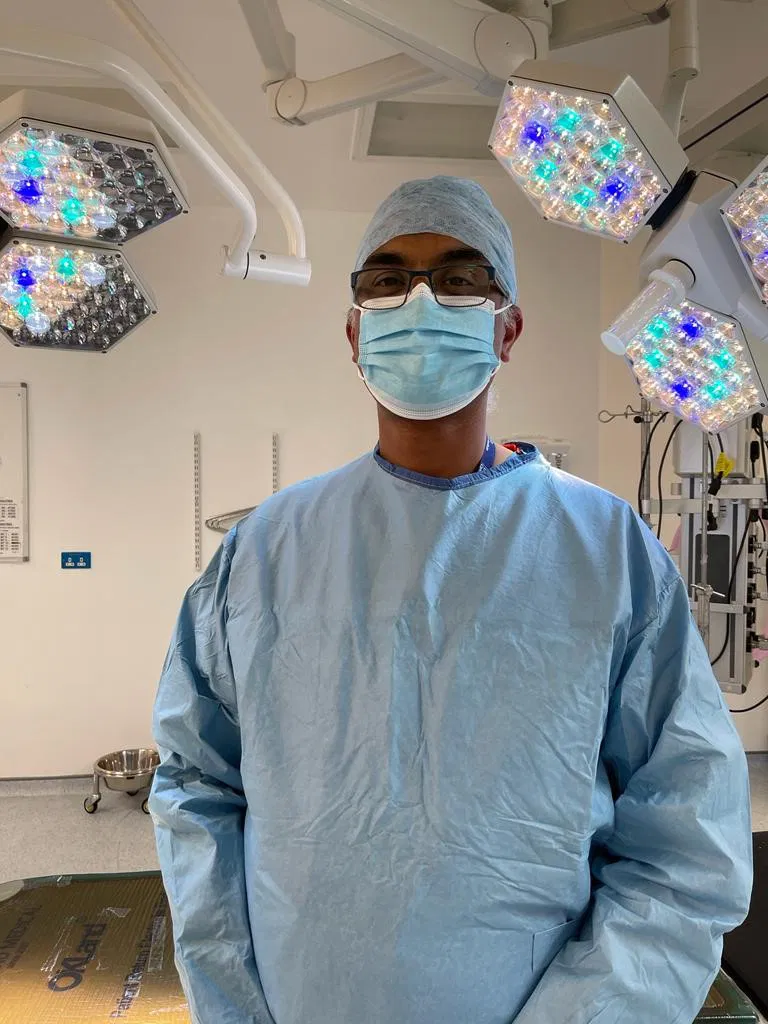
Patients who seek care from Dr. Phadnis benefit from:
Dr. Phadnis works with a team of specialists to provide the most effective treatment options available.
Using the latest diagnostic tools, he ensures early and accurate diagnosis, which is crucial for successful treatment.
From the initial consultation to post-treatment follow-up, Dr. Phadnis provides continuous care and emotional support.
Fallopian tube cancer is a rare but serious condition that requires prompt and expert medical attention.
Dr. Saurabh Phadnis, based in London, is dedicated to providing exceptional care for women with fallopian tube cancer, offering personalised treatment plans that prioritise the health and well-being of his patients, including advanced options such as robot assisted hysterectomy when clinically appropriate.
If you have any symptoms that concern you or if you need expert advice and care, don’t hesitate to contact Dr. Phadnis. With the right approach and support, there is hope for a positive outcome.

If you’re concerned about Fallopian tube cancer , private consultations are available with Dr. Saurabh Phadnis, leading Gynaecologist, Oncologist, Surgeon, and Co-Lead Colposcopist based in London; specialising in gynaecological cancer. You can visit his clinic or call directly to book an appointment and receive expert care, advice, and personalised treatment.
The cost of treatment varies depending on the individual’s needs, the stage of cancer, and the type of treatment required. Dr. Phadnis provides a detailed consultation to discuss the costs involved before starting any treatment.
If you experience persistent abdominal pain, bloating, or changes in appetite, it’s important to seek medical advice. A healthcare professional can conduct tests to determine the cause of your symptoms.
Treatment often involves surgery to remove the cancer, followed by chemotherapy. In some cases, radiation therapy and targeted therapies may also be used.
Yes, especially when detected early. With advanced treatments and expert care, many women can successfully manage the condition and live long, healthy lives.
While some risk factors are genetic and unavoidable, maintaining a healthy lifestyle, undergoing regular health check-ups, and being aware of the symptoms can help in early detection.
Specialising in the field of gynaecological cancer, covering the entire spectrum from diagnosis to treatment and post-treatment care.